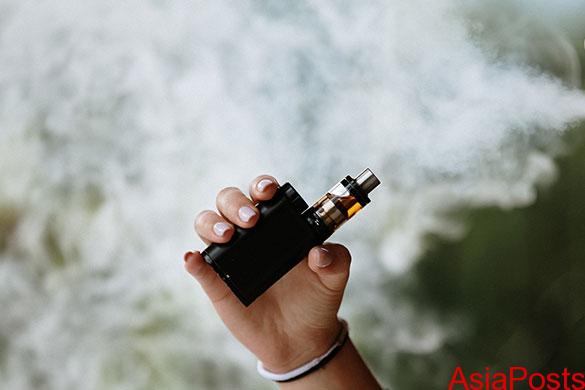Choosing and buying grill smoker spare parts is an essential aspect of maintaining your outdoor cooking equipment. This guide will help you navigate through the process, ensuring that you make informed decisions that prolong the life and enhance the performance of your grill smoker.
Understanding Your Grill Smoker
- Identify the Type of Grill Smoker: Grill smokers come in various types, including charcoal, gas, electric, and pellet smokers. Each type has its unique set of components. Understanding your smoker’s type is crucial in identifying the right spare parts.
- Diagnosing Issues: Before you start looking for spare parts, identify what needs fixing or replacing in your grill smoker. Common issues include problems with the ignition system in gas smokers, worn-out grates, damaged heat plates, or malfunctioning temperature controls in electric smokers.
- Refer to the Manual: Your grill smoker’s manual is an invaluable resource. It contains specific details about each component, part numbers, and often includes troubleshooting tips. If you’ve lost the manual, many manufacturers provide digital versions on their websites.
Locating the Right Parts
- Finding the Model Number: The model number is crucial in finding parts that are compatible with your grill smoker. This information is typically found on a label on the grill smoker, often on the back or underside of the unit.
- Researching Parts: Utilize the model number to search for the specific parts you need. You can find parts through the manufacturer’s website, specialty barbecue equipment stores, or online retailers. Ensure that the parts are compatible with your specific model.
- OEM vs. Aftermarket Parts: Decide between OEM (Original Equipment Manufacturer) parts and aftermarket parts. OEM parts are made by the grill smoker’s manufacturer and are designed specifically for your model. Aftermarket parts might offer a cost-effective alternative, but their quality and compatibility can vary.
Quality and Cost Considerations
- Assessing Quality and Warranty: Opt for high-quality parts that offer durability and reliability. Additionally, check if the parts come with a warranty, which can provide assurance against defects and premature failure.
- Comparing Prices: Price comparison is key. Spare parts can have a wide range of prices depending on the seller. Be cautious of extremely low prices, as they may indicate inferior quality.
- Shipping and Handling Costs: For online purchases, factor in shipping and handling costs, as they can significantly affect the overall price of the part.
Making the Purchase
- Selecting a Reputable Seller: Choose a reputable seller with good customer reviews. This is especially important when purchasing online to ensure you receive genuine and high-quality parts.
- Checking Return Policies: Familiarize yourself with the return policy of the seller. In case the part is not the right fit or is defective, knowing the return process can save you a lot of hassle.
Installation and Maintenance
- Installation Considerations: Decide whether you will install the part yourself or need professional help. While many grill smoker parts can be installed easily, some might require specific tools or technical knowledge.
- Regular Maintenance: Regular maintenance of your grill smoker can reduce the frequency of part replacements. This includes cleaning grates, checking burners, and inspecting hoses and connectors in gas smokers for leaks.
Environmentally Friendly Practices
- Disposing of Old Parts: Dispose of old parts responsibly. Some metal parts can be recycled, and hazardous components like batteries should be disposed of following local environmental regulations.
- Sustainable Choices: Consider environmentally friendly options when available. This could mean choosing parts that are made from recycled materials or are more energy-efficient.
In conclusion, selecting and purchasing grill smoker spare parts requires a detailed understanding of your equipment, careful research to find the right parts, consideration of quality and cost, and attention to installation and maintenance. By meticulously going through these steps, you ensure that your grill smoker remains in optimal condition, enhancing your outdoor cooking experiences for years to come. This approach not only solves immediate repair needs but also contributes to the sustainability and efficiency of your cooking equipment.


























































